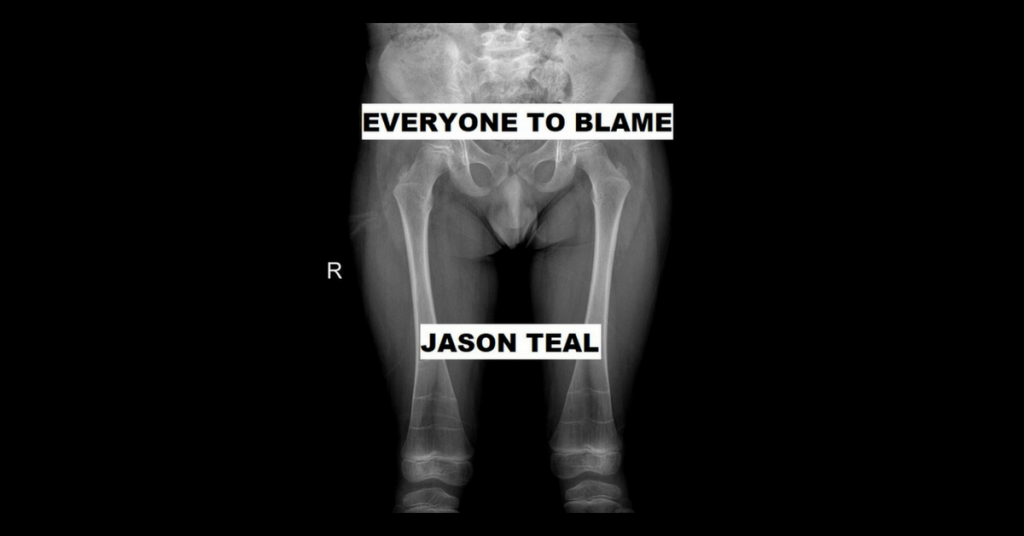
EVERYONE TO BLAME by Jason Teal
In the past, when bodies turned up, or there were kidnappers, officers arrived on TV, badges glinting, to arrest the suspect. Marjorie is missing at the proctologist’s office, her job as office assistant. Maybe you are a suspect still. Marjorie looked guilty. You remember that. You wish the phone receiver scalded her ear; you wish flames snaked across curled wallpaper like insects. You wish anything else happened, even if everything burned through and you had to start all over. The call comes late at night, police knocking on your door. None of this seems real. No one has seen your…
